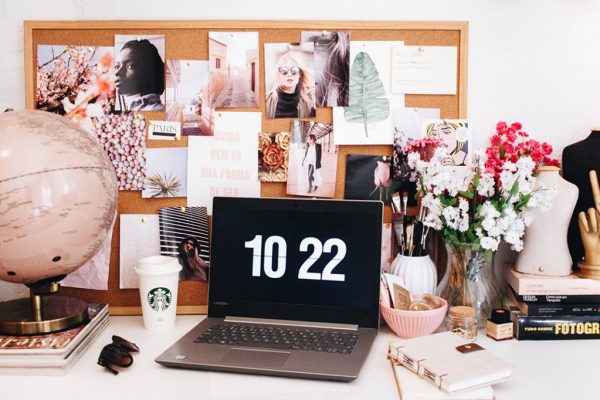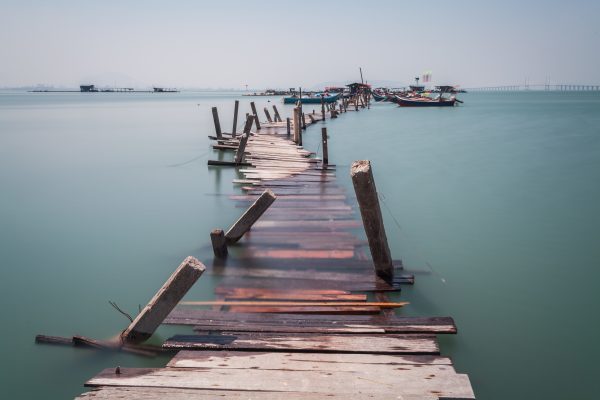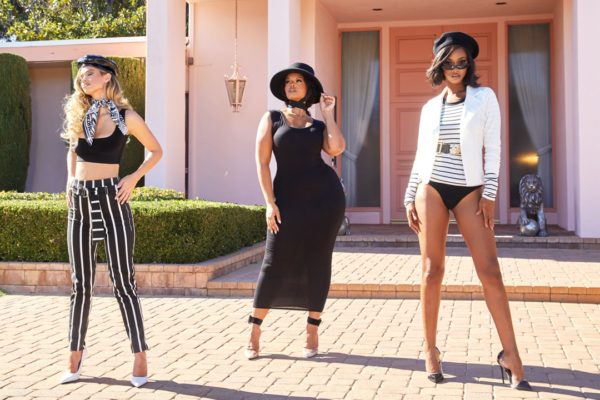The average person uses 10 plastic bottles of shampoo a year, contributing millions of tons of non-degrading waste that rarely gets recycled.
Let’s not also forget the endless other products we might use on our hair: masks, conditioners, hairbrushes and serums.
Before you get a plastic-guilt related headache, fear-not as switching to low waste hair care products have a lower impact on the planet (less packaging, less plastic, less pollution), and are still affordable.
It’s as simple as washing your hair.
Image via Ethique
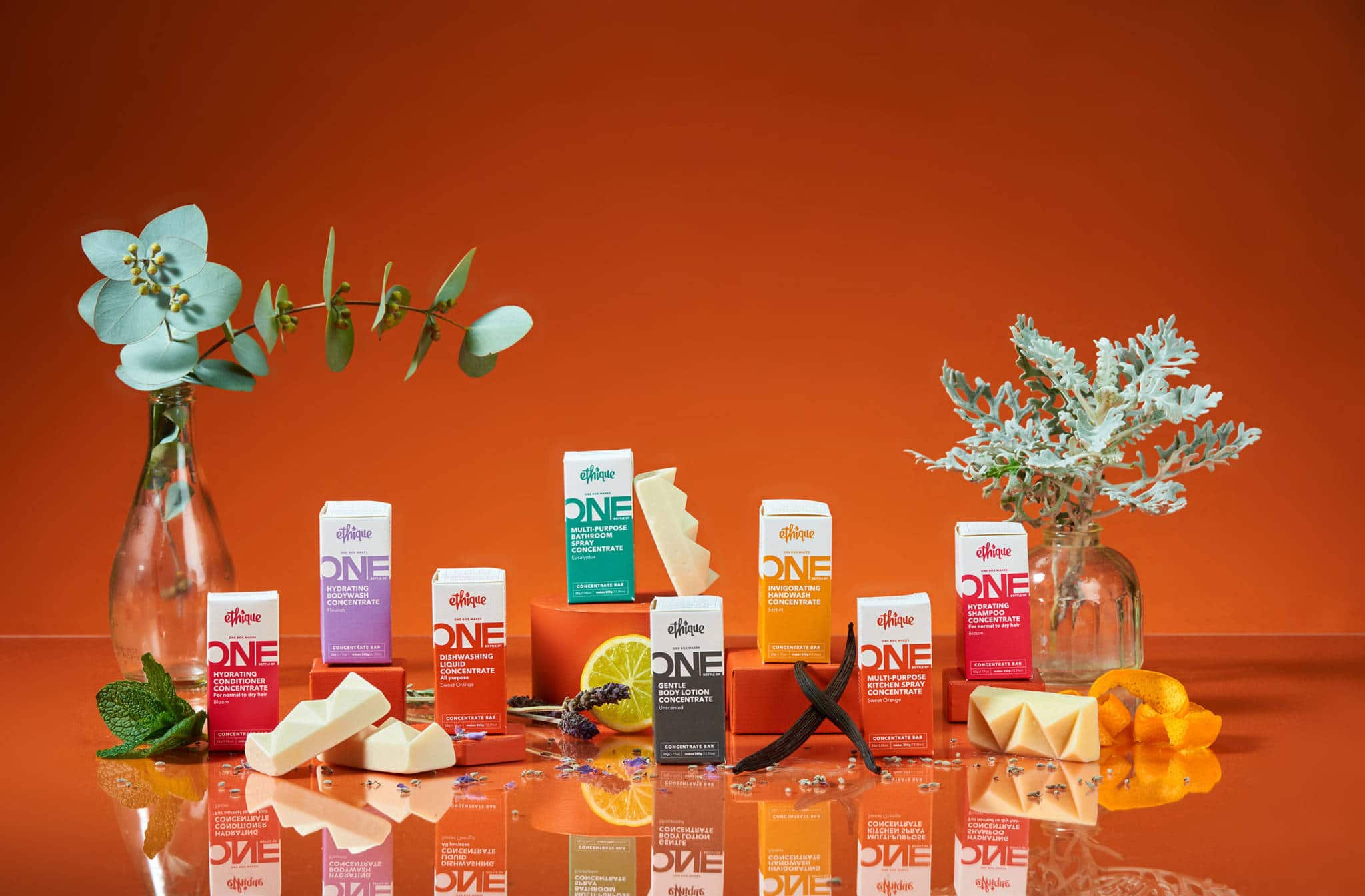
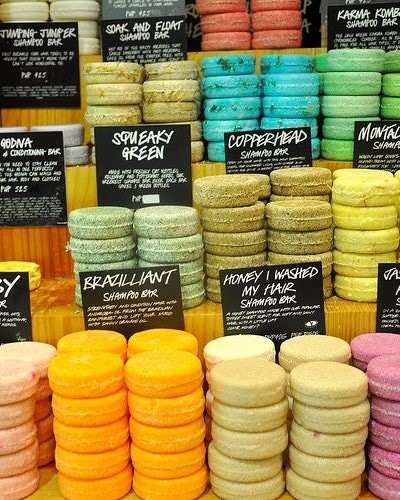
Shampoo bars
I got on the shampoo bar train a while back and I can vouch that they are GREAT.
They last FOREVER (80 washes to be exact) and are really handy for travelling (you’ll need a tin).
With a bar for every hair type and issue (including toning colours), Lush Cosmetic’s bars have boomed in popularity for juicy ingredients of essential oils and plants.
Other great brands also sell shampoo (and conditioner) bars, including New Zealand brand Ethique which have a wide range or, Viva La Body Conditioner for dreamy curls.
It can seem like a difficult transition from liquid to bars, however, when you get the hang of rubbing it in your hair like soap, it’s easy peasy.
If bars aren’t your thing, there’s also this incredible 3-ingredient waterless shampoo spray that you can make yourself
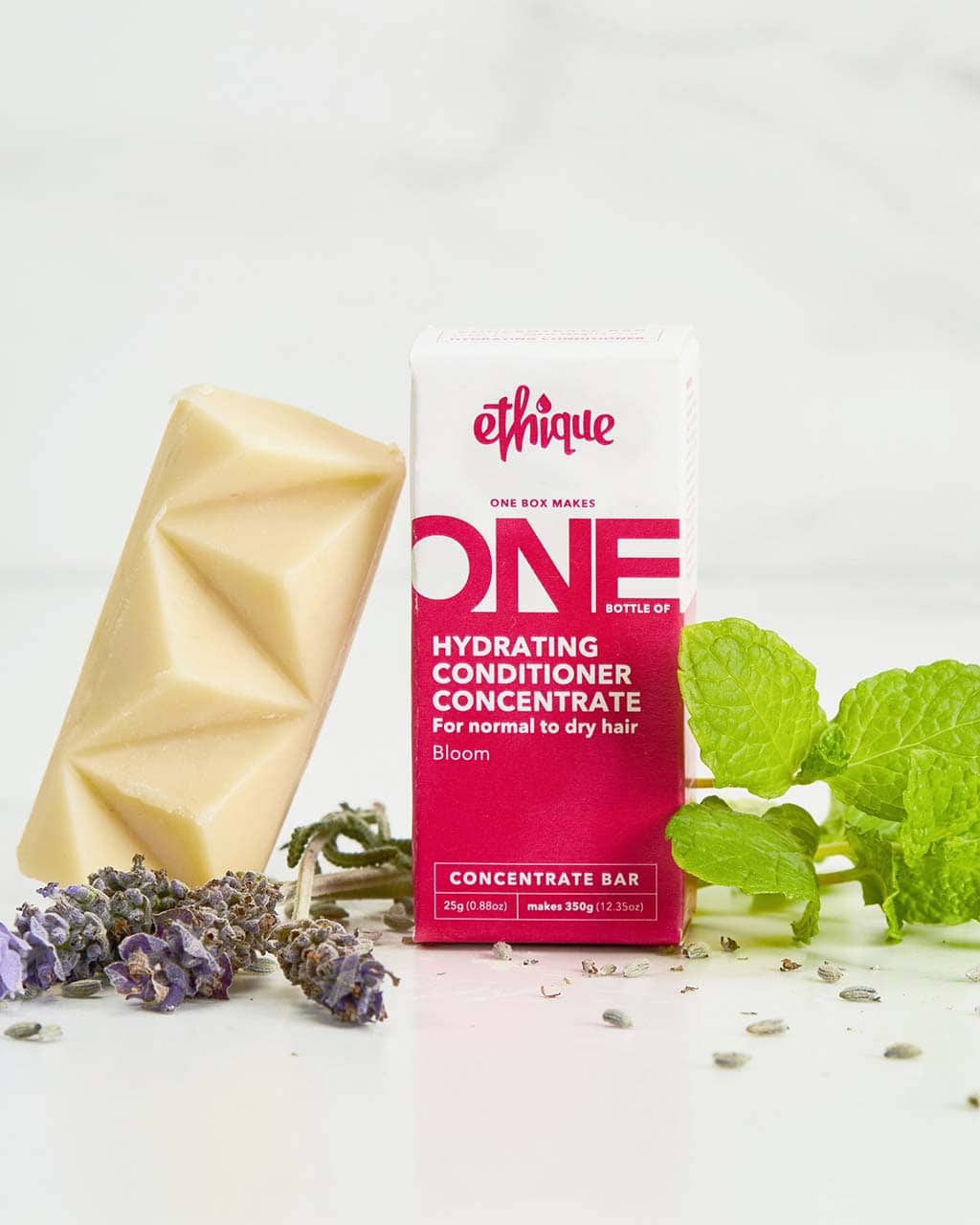
Shampoo/Conditoner concentrate
If you don’t like the idea of a solid shampoo (or conditioner) bar, meet concentrate.
Ethique have invented a concentrated bar that can be converted into a liquid conditioner (broken up and mixed with boiling water). The Gentle Conditioner Concentrate is made with sustainability sourced Fairtrade cocoa butter and coconut oil, in compostable packaging.
Hair treatment
Anyone with bleached, relaxed or over-styled hair understands the pain of thirsty, dry hair. Hair treatments and masks are always filled in plastic tubs, generally wrapped in cardboard, and then possibly placed into a plastic bag.
Lush has a delicious hair treatment (on a stick that can be melted into cream), made from organic avocado oil, olive oil, vanilla and almonds.
There are also endless lists of DIY hair masks made from products found in the kitchen, here’s 7 to choose from by Cosmopolitan writer Chloe Metzger, which she claims will “satisfy you more than your last Hinge hookup”.
Wooden or bamboo hairbrush
Plastic and animal hair tools are out, biodegradable brushes are in. Not only are bamboo brushes biodegradable, sustainable, cause less static, gentler detangling, cause shinier hair and are softer on the scalp! Brightwood Bamboo Brushes are hand-made and come in two sizes.
For a cheaper bamboo hairbrush alternative, Nourished Life does a large size paddle brush in durable bamboo. There are also many bamboo combs available, from Bass Brushes wide-toothed comb. If you are after a fine brush for finer hair, there is a beechwood and plant fibre alternative available here (made from vegan agave fibre).
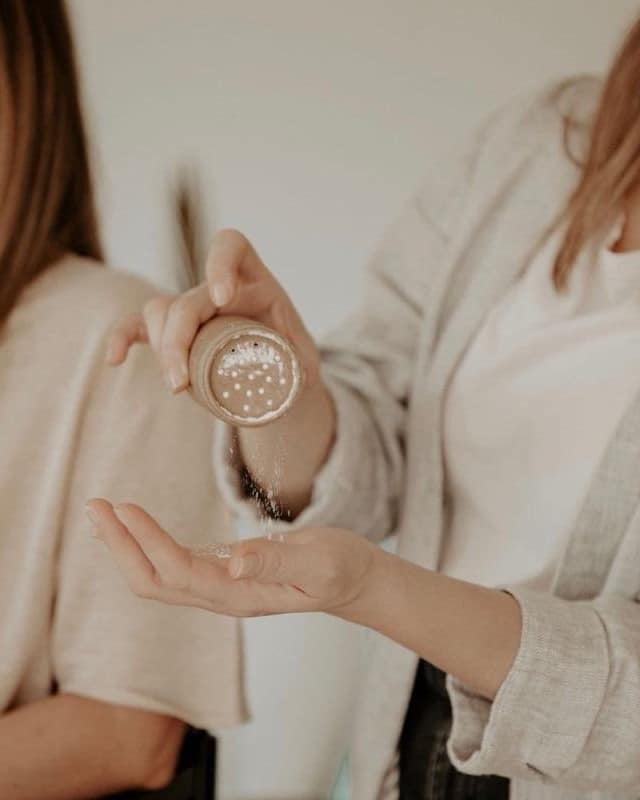
Styling & Serum
I used to have a mountain of plastic tubs and spray cans that caused my eyes to stream after every spray (aerosol cans are also very unfriendly to the planet).
Styling is a little more limited than other hair care products but still available! Australian brand Aesop have a Violet Leaf Hair Balm, which is in a glass jar but can be re-used for your own DIY hair masks in the future.
There’s also Dirty Hippie – Grow More Locks Hippie which comes in a recycled brown glass bottle!
For a curl definer, there’s BarakahBotanicals – Curly Hair Butter (on Etsy) or Lush Curl Power Hair Cream (made from linseed gel and molasses). All containers from Lush can be returned to the store to be re-used.
Dry shampoo
Dry shampoo is the saviour of all hair related issues, from flatness to oily. Most dry shampoos come in an aerosol can (big no-no).
